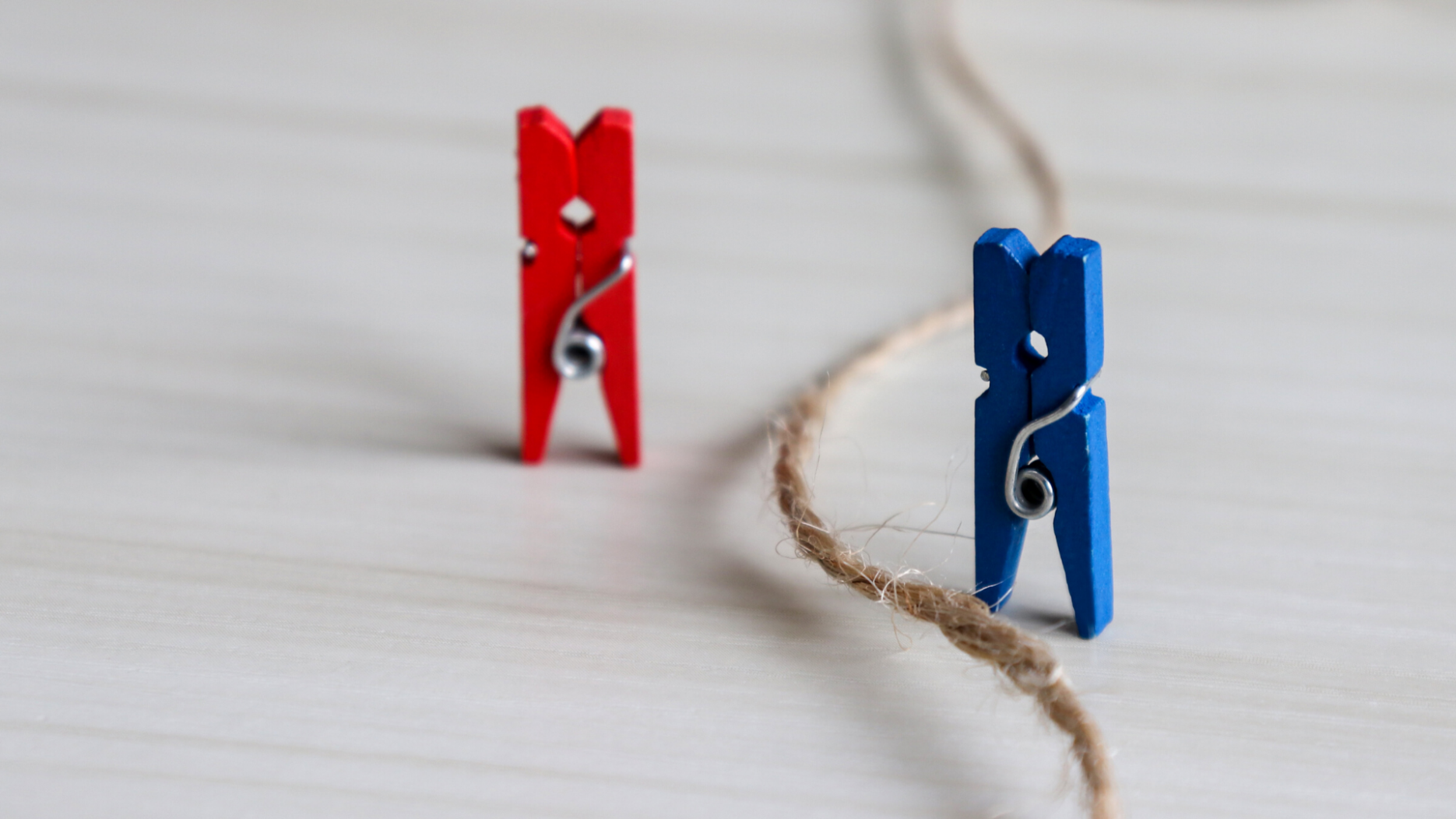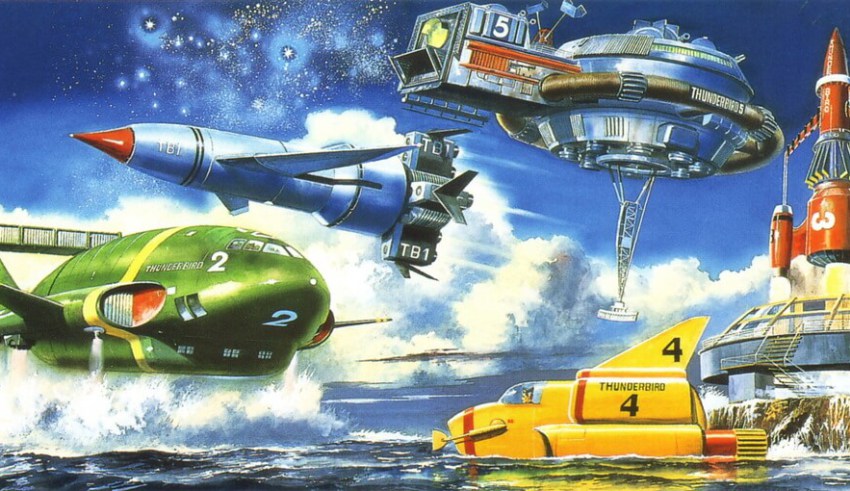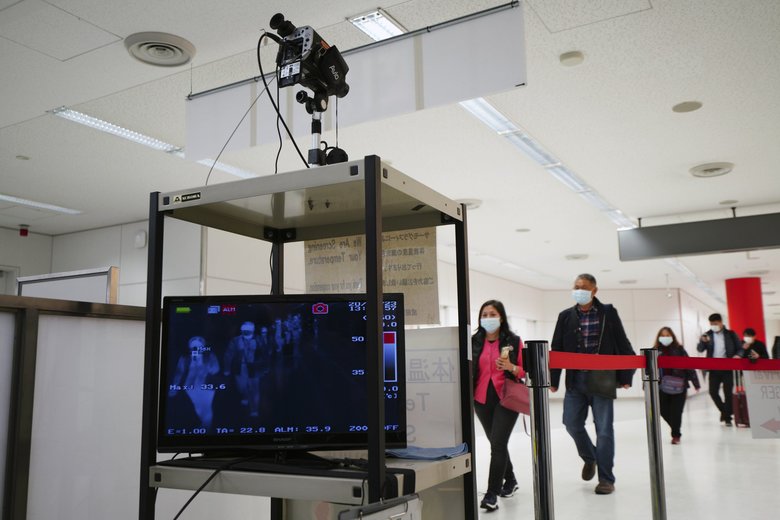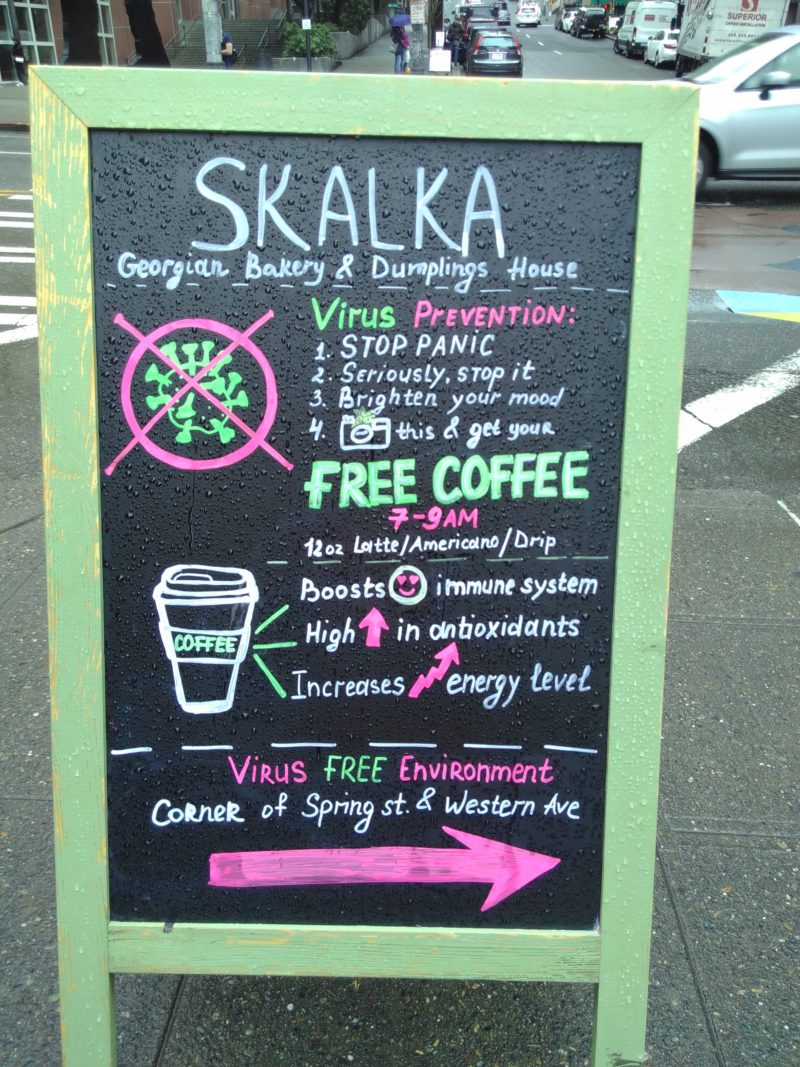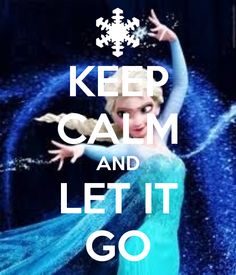We all have biases. This is the simple outcome of a long evolutionary process. Quickly judging whether something, someone or a situation is ‘safe’ or ‘dangerous’ protected us against threats. It helped us survive in an ever-changing natural environment that continuously presented new information to our senses. We no longer live in the savannah or the wild, but the tendency to categorize things as ‘good’, ‘bad’ or ‘neutral’ is still with us.
Some of our biases are more or less harmless. We might like cats over dogs, prefer a warm sunny day instead of a cold rainy one, and enjoy a day of writing more than one full of social activities. However, most of our biases are not as innocent. In fact, they cause a lot of harm and can be very destructive. Both for ourselves and others.
As I have tried to show in a previous article, a biased mind gives rise to mental barriers that turn into emotional distance, structural boundaries and physical walls. They set us apart, instead of bringing us closer. Leading us to think, speak and act in unkind manners, instead of kind. And they are part of the root causes of conflicts and suffering in general, and do not contribute to a world of peace & joy – for you, me and everyone.
So, how can we dismantle or deconstruct our biased mind? How can we cut through our quick judgments of other living beings, things and situations?
There are at least three methods we can all do and start with today.
First of all, we need to recognize our own biases. This is far from easy, since science shows us that many of our biases are implicit. According to buddhist teachings this has to do with our habitual patterns, individual & collective karma and our base-consciousness. The point is, we are simply unaware of them. In some cases this is because others have taught them without us realizing it. Like my parents often told me using drugs and smoking is very bad. So if I hear or see someone doing that, I recognize now, I sense a slight aversion.
Most of the time, however, we ‘catch’ biases unknowingly. Simply because we grow up in a particular time & place. It feels extremely painful to acknowledge, but despite my parents teaching me over and over again that all humans are equal I notice thoughts and feelings contrary to this.
In the little village I was born, and in The Netherlands in general, it was common ground to consider ‘black’ people as (slightly) inferior and non-Europeans as foreigners that don’t belong in our country (especially from ’the east’). Even though I have never held and supported such views, I still sense very subtle and short moments of contraction in my body when I come across people with a different skin color and / or region of origin than my own. In spite of having very good friends from all over the world since I was a child.
Recognizing this is an important first step, but far from sufficient. Studies show that we can be aware of biases, even know that they harm us and / or others, and nonetheless continue with this behaviour. Therefore, we need to deeply question and investigate our mind. This requires a conversation, so to speak, with ourselves. It also requires, as Emmanuel Acho states rightly in his recent episodes uncomfortable conversations with a black man, a conversation with each other. Especially those whom we perceive as ‘other’. Specifically if, or because, they are uncomfortable.
For example, there is a lot of diversity among individuals and cultures are very different. This is part of our uniqueness and there is a lot of strength and beauty to that. But does this mean that some are ‘better’ than others? That there is an inequality that we can justify? That we need to fear certain people, while we can be close and friends with those more like yourself?
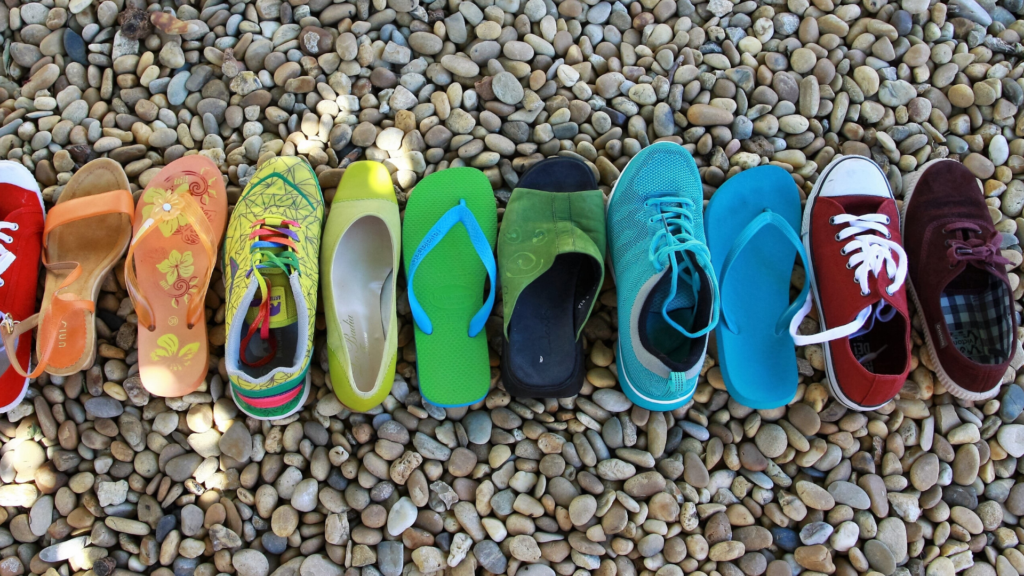
Most of our biases, if not all, are a wrong view of reality. Ta-nehisi Coates for example points to this in his heart-moving book Between the world and me when he writes that racism is the father of race, not the other way around. The ‘labels’ we use tell us more about our mind, than the world we live in. Yet those labels, when acted upon, hurt lives everyday.
If we look closely we can recognize that all humans try to avoid suffering and seek peace, love & joy. We also find this in all Abrahamic religions. The book of Galatians (5:22) presents this as the fruit of the Spirit. It is part of the reason why the American Dream is often presented as the pursuit of happiness. And why not only the constitution of the United States, but so many other countries in the world, have written in them that all are born equal.
It is obvious that the world does not always or fully reflect our fundamental equality. For centuries women have been treated as lesser than men and are still suffering from sexism. Slavery might have ended on paper, but black people still face racism and systems that are strongly working against them. And though we clearly see how the entire world depends on each other for our well-being, and damaging our natural environment will make our world inhospitable, we still continue to fight over land.
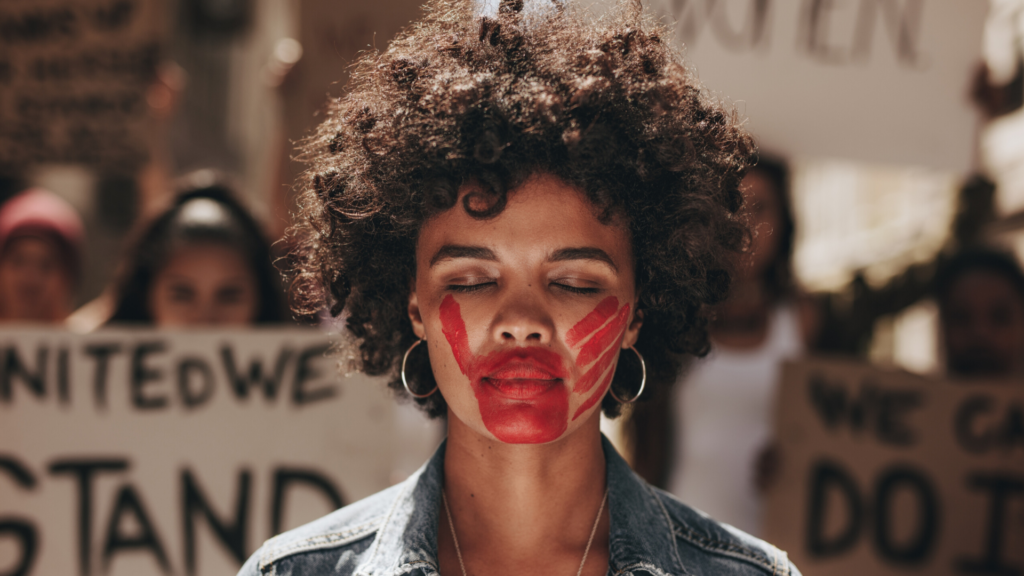
So, we can and need to cut through our biased mind through recognizing and questioning our own thoughts, words and actions. Through understanding our fundamental equality. Through making a heartfelt connection to all life on this planet that we share. Finally, we need to act upon this in order to make sure every sentient being can flourish. In the words of my teacher, Dzogchen Ponlop Rinpoche, “When we know how to respect and love one another without the trappings of our biased mind; by being wise and going kind, then the world can offer its best.”
Do you want to become an agent of change? Listen also to my podcast or read my in-depth personal contemplation about how we can change our biased mind and discover how each of us can offer our very best to the world.
